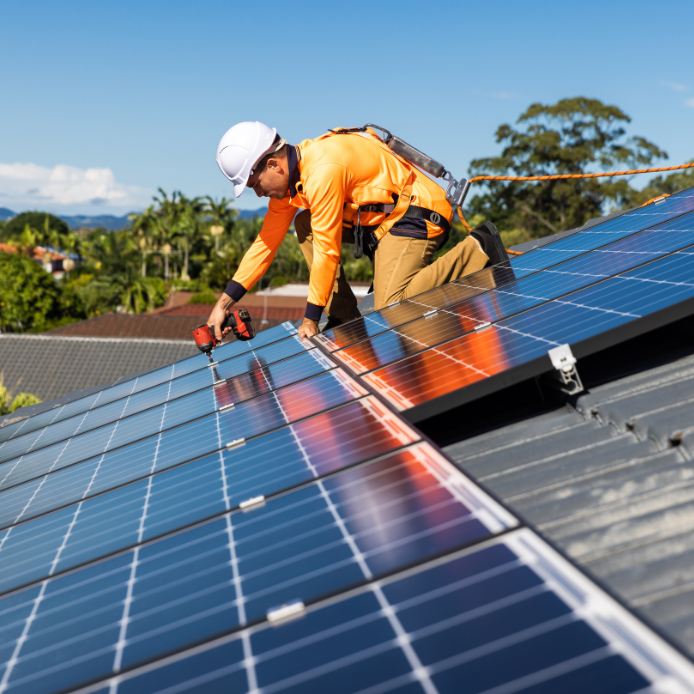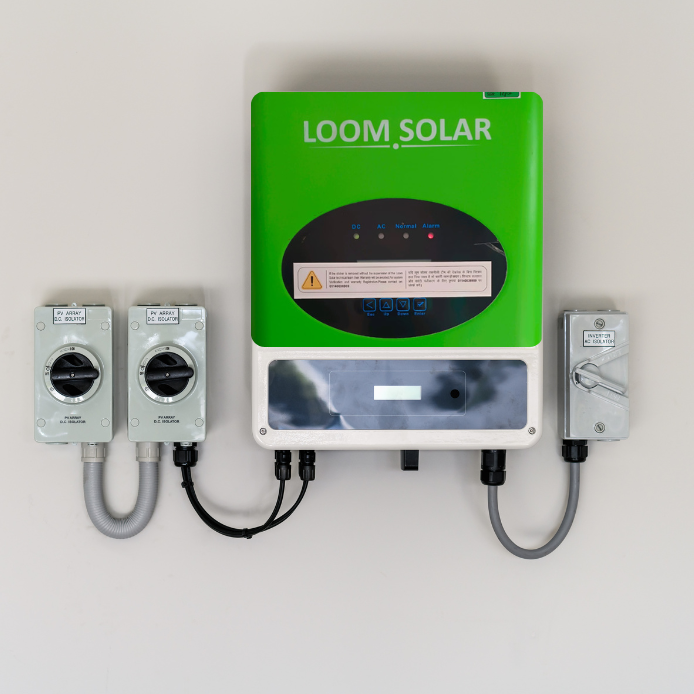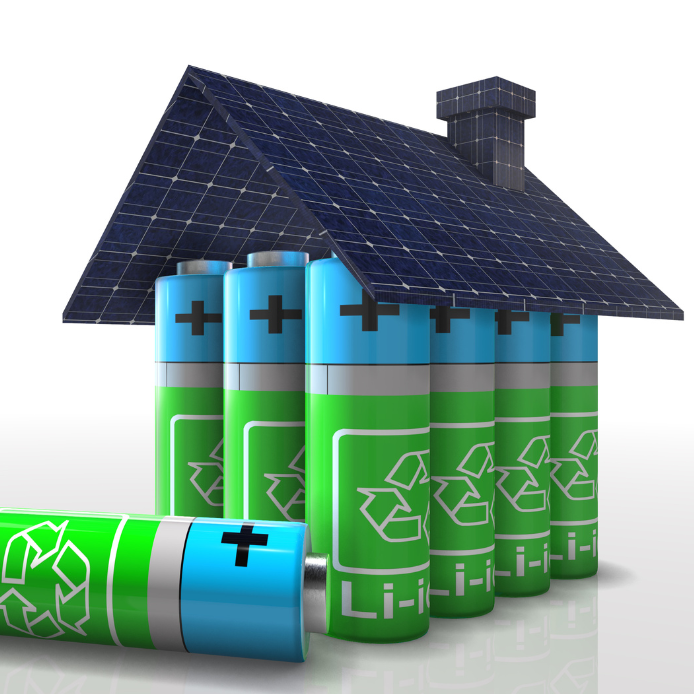Low Maintenance
Solar panels are known for their durability and long lifespan, typically lasting 25 to 30 years with minimal maintenance. Unlike many other energy systems, they require only basic upkeep, such as periodic cleaning to remove dirt, dust, and debris that might accumulate on the surface and hinder efficiency. Additionally, routine checks on components like the inverter and cables are necessary to ensure optimal performance and prevent any minor issues from escalating. This low-maintenance aspect makes solar panels a cost-effective and reliable energy solution, providing clean electricity for decades with little ongoing effort.
Government Incentives
Many governments recognize the environmental and economic benefits of solar energy and offer various financial incentives to encourage its adoption. These incentives typically come in the form of tax credits, rebates, or grants that help offset the initial installation costs of solar panels. By reducing the upfront investment, homeowners and businesses can install solar systems more affordably. Over time, these incentives not only lower the overall cost of the system but also enhance the return on investment, making solar power an attractive and financially viable option. Additionally, some regions offer feed-in tariffs or net metering policies that allow solar users to sell excess electricity back to the grid, further boosting savings and promoting energy independence.
Technological Advancements
Continuous improvements in solar panel technology have made significant strides in enhancing both efficiency and affordability. Advances in materials, such as the use of more efficient photovoltaic cells, have increased the energy output of panels while requiring less space. Additionally, innovations in manufacturing processes and design have led to reduced production costs, making solar energy systems more accessible to a wider range of consumers. These technological developments also ensure longer lifespans and better performance, even in low-light conditions, maximizing energy generation. As a result, solar energy is becoming an increasingly viable and cost-effective alternative to traditional power sources, driving its adoption globally.
Renewable Energy Source
Solar energy is a highly sustainable and renewable power source that harnesses the sun's abundant energy to generate electricity. Unlike fossil fuels, which are finite and contribute to environmental degradation through pollution and greenhouse gas emissions, solar power offers a clean alternative. By adopting solar energy, we can significantly reduce our reliance on coal, oil, and natural gas, which are major contributors to climate change and air quality issues. Utilizing solar energy helps preserve natural resources, lowers carbon emissions, and promotes environmental conservation, making it a crucial part of a greener, more sustainable future.
✖





